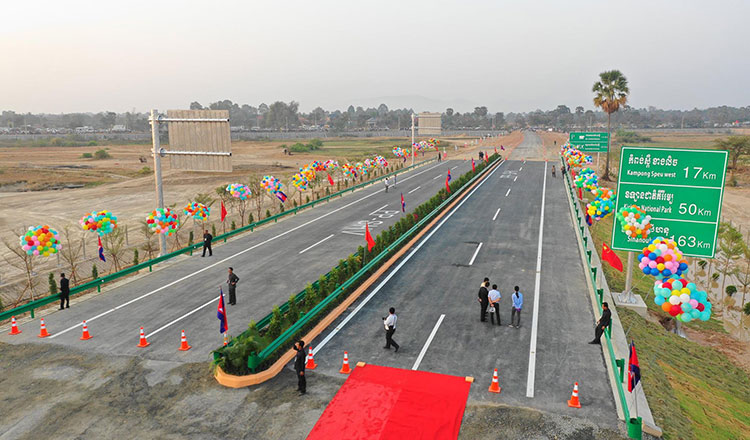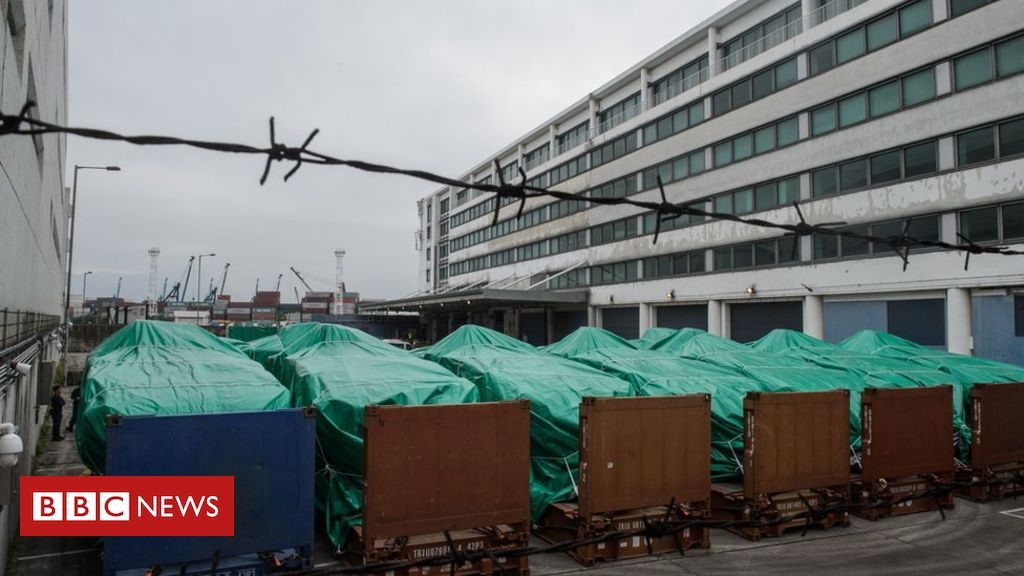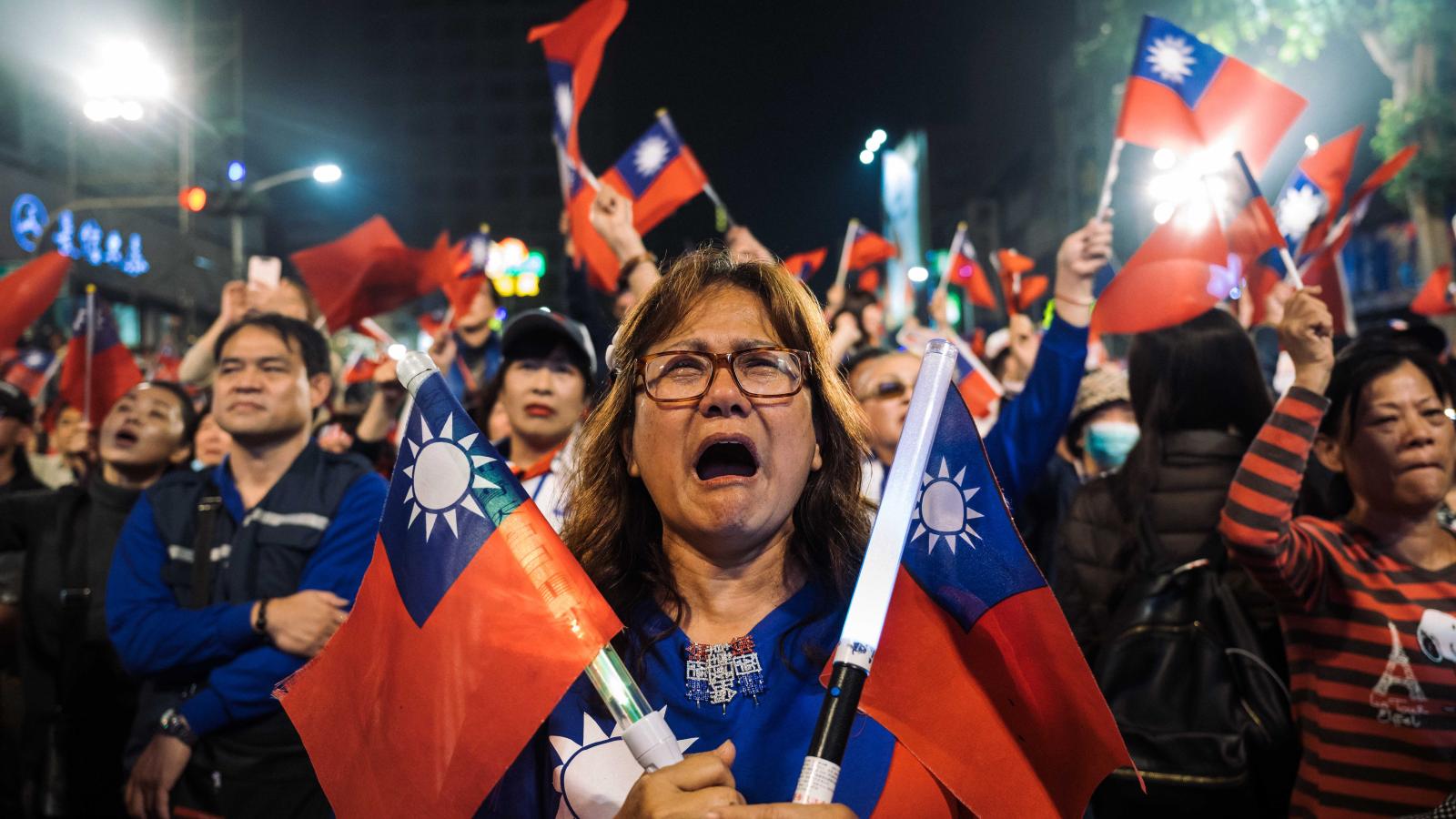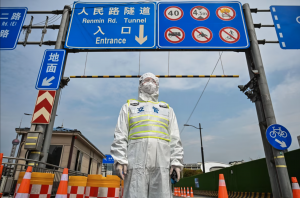The result (57% v. 38%) was largely interpreted as an own goal by Beijing. Xi’s heavy-handedness in the Hong Kong protests and its pressure campaign against Ms Tsai had backfired. Instead of achieving their intended result, the aggressive rhetoric had driven voters into the pro-independence embrace. It allowed Ms Tsai to portray herself as a heroic defender of Taiwan’s sovereignty against an expansionist China.
Online, the usual voices are celebrating it as a triumph of freedom and democracy against authoritarianism. In the mainstream, however, the response has been rather muted. However, I would argue that Singaporeans—regardless of their political affiliation—should celebrate Taiwan’s ‘stinging rebuke’ to China.
You may not believe in democracy or the Hong Kong-style mass protests, but you had better believe in China’s imperial ambitions in Southeast Asia. The embarrassing setback in Taiwan will hopefully remind Beijing that tolerance has its limits. Such aggressive, high-handed foreign policy will never be welcome.

What we often forget is how Beijing has used its newfound influence to bully and to interfere.
Take, for example, the ASEAN summit, which has been divided over the South China Sea dispute since 2012. In 2016, ASEAN members were unable to issue a joint statement on the South China Sea dispute because of differences between nations who want to reference China’s militarisation of the region and those who don’t.
Cambodia was singled out for blocking the joint statement, but the real culprit is Beijing. It should come as no surprise to anyone that China is not just Cambodia’s largest trading partner, but also its largest donor and largest foreign investor. It is not inconceivable that a newly-emboldened Beijing would urge its longtime ally to champion its interests at the ASEAN summit—at the expense of other Southeast Asia nations.
China, of course, denies this. The experts roll their eyes at such denial. One academic from National Taiwan University commented that “there are enough players in China’s pocket or just don’t want to be in the fight”. The Japan Times was even more brusque in the dispute’s aftermath. “China’s ties with Cambodia has paid off,’ it writes.
This issue did not go ‘viral’ because ASEAN summit joint statements make for dry reading. For a more salacious example of Chinese meddling, check out Mr. Bilahari Kausikan’s short book China Is Messing With Your Mind.
Although only 41 pages long, it is a damning indictment of China’s foreign interference. During the Malaysian general elections of 2018, the Chinese ambassador to Malaysia ‘openly campaigned for the president of Malaysian Chinese Association (MCA) in his constituency in Bentong, Pahang.’
In another example from 2015, a previous ambassador sought to capitalise on the longstanding racial tensions in Malaysia. After an anti-Chinese demonstration that involved effigy-burning, the Chinese Ambassador made his way to KL’s Chinatown and read out a statement which “among other things, implied that China would not stand idly by if Overseas Chinese were threatened”.
Whatever you may think of Malaysia’s Bumiputera system or Bilahari’s worldview, this is a disturbing development. It is understandable that China would prefer Najib’s BN over Mahathir’s PKR because of its sizable investments in Malaysia. However, it is totally out of line for its foreign representatives to participate in local politics.
Last but not least, let’s not see fit how Terrex incident of 2016, when Beijing saw fit to seize SAF property to ‘punish’ Singapore and ‘to teach us a lesson’ about siding against their interests.

This is totally true, but it also misses the point. Nobody is suggesting that China is evil, or that Americans are angels. However, Singapore’s best interests are served when there is a balance of power in the region, not when one party dominates.
Right now, due to Trump’s inept foreign policy, US influence seems to have fled entirely. Duterte’s Philippines is seeking closer ties to Beijing, and Malaysia is likely to follow suit. The siren call of ‘free’ infrastructure under the belt-and-road intiative seems impossible to resist. This is bad for Singapore because the power vacuum gives China an undue amount of influence in the region.
The election of a DPP president in Taiwan will not reverse the tide, but it’s a small victory to be thankful for. Hopefully, Beijing will remember that it cannot treat Southeast Asia in the same manner which the USA treats its Latin American neighbours. Such arrogance will be self-defeating.






